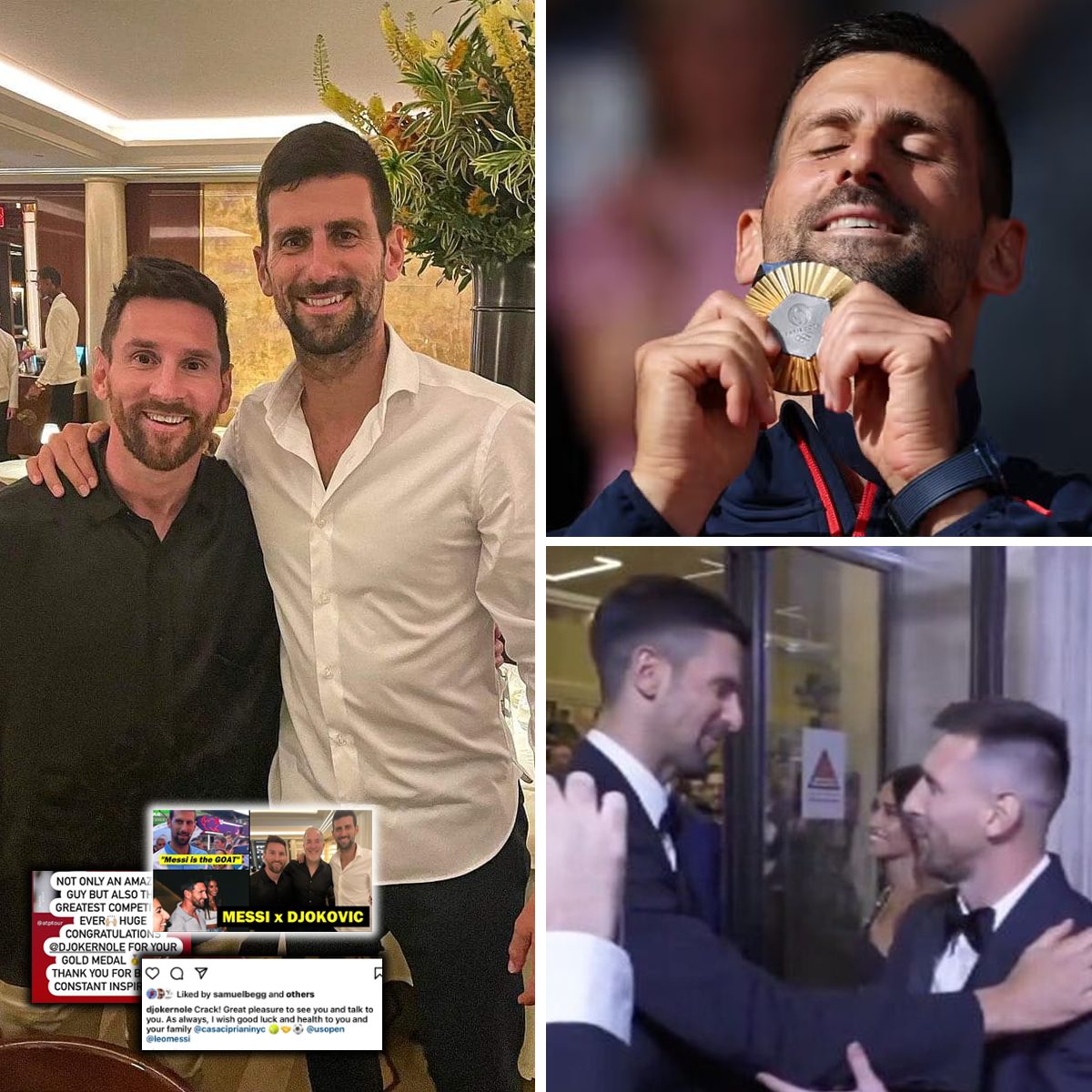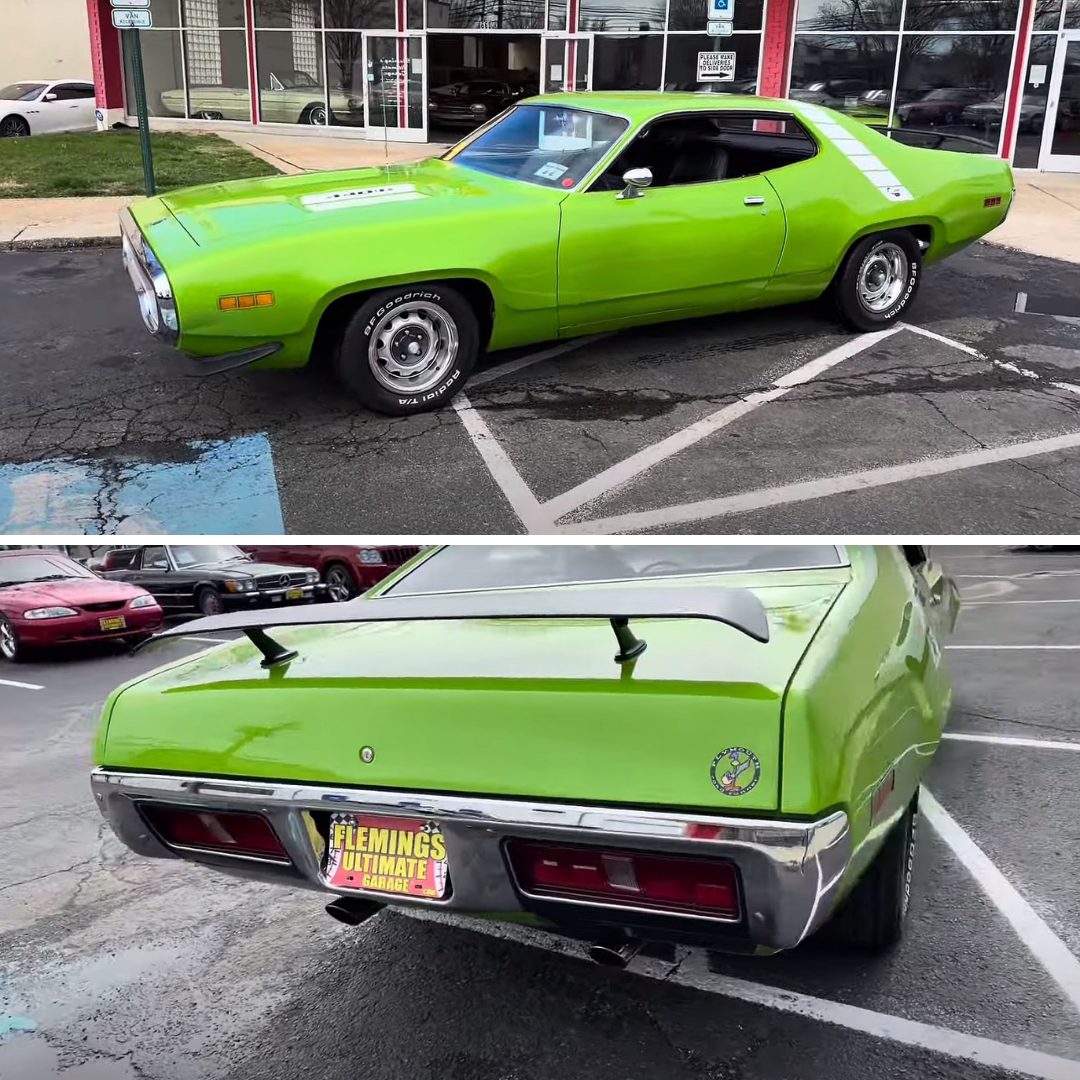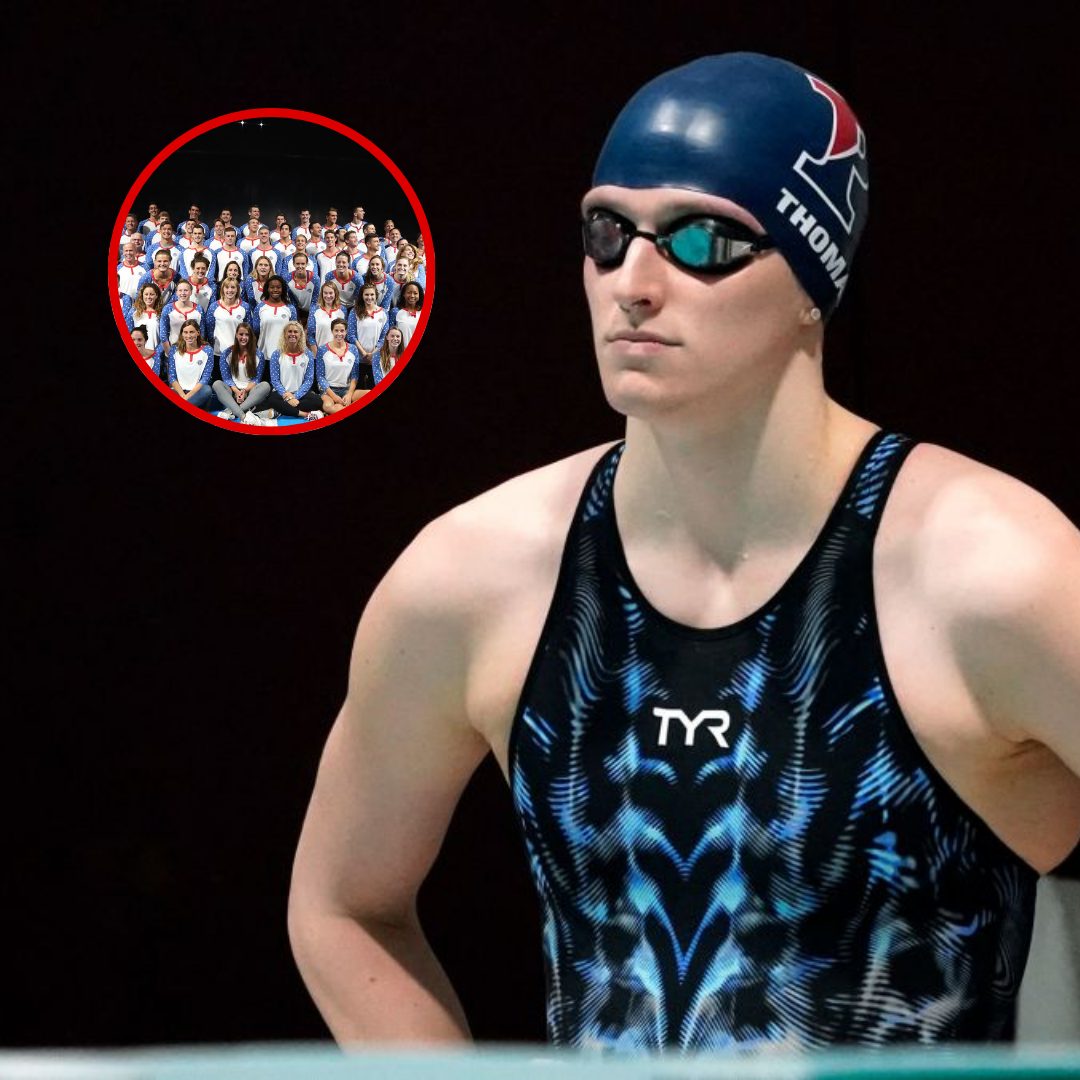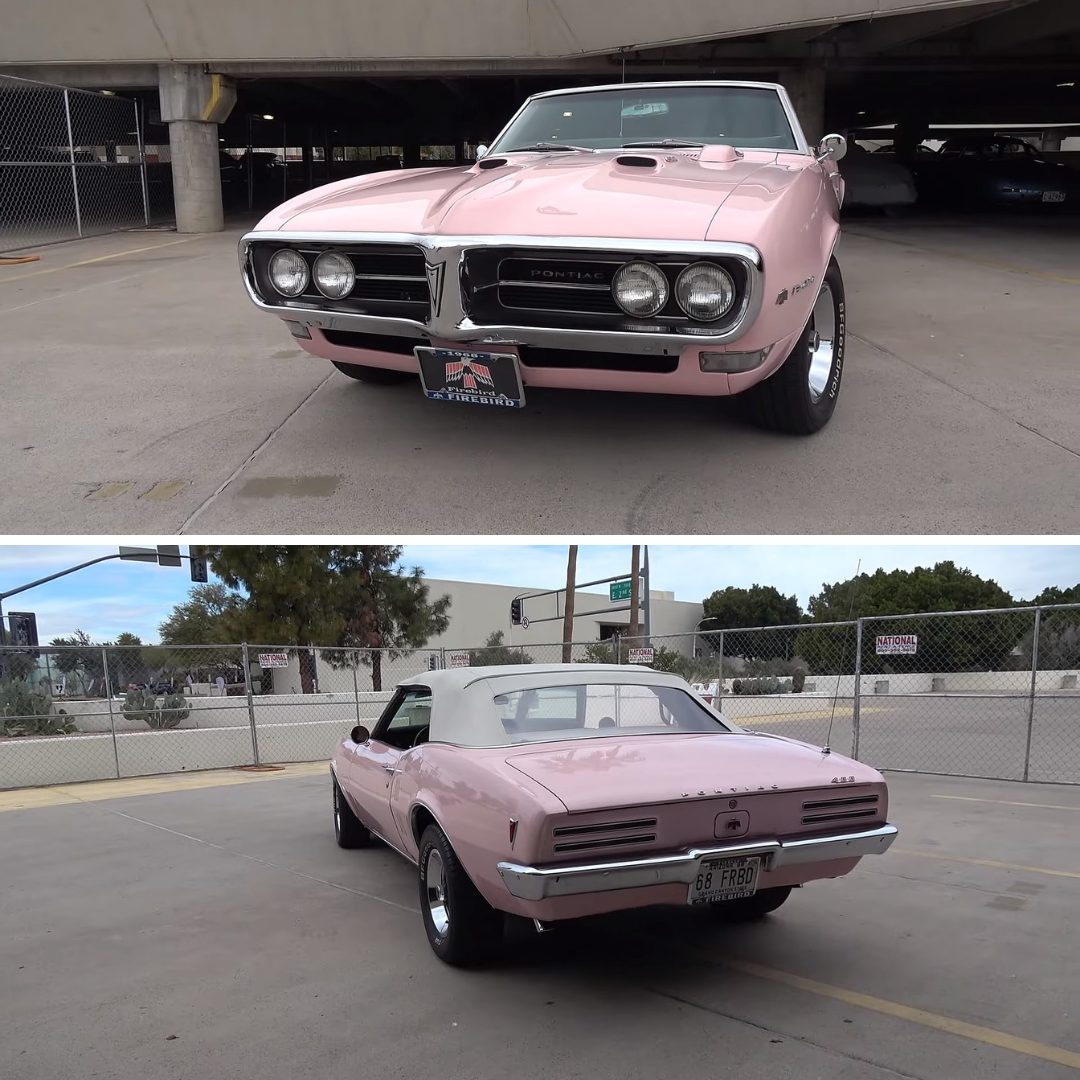To prepare for the attack on Sicily, the US relied on unexpected people: tycoon Luciano and the Italian mafia.
Commons
.
US authorities investigated many workers of Italian origin at the docks. When this operation did not bring results, the US Navy turned to Charles “Lucky” Luciano, head of the Genovese crime family, one of the five major gangs in the New York underworld.
Luciano was 𝐛𝐨𝐫𝐧 in Sicily, Italy in 1897, came to America at the age of 9 and is considered the father of modern organized crime in America for creating the “Commission”, a mechanism to arbitrate disputes between gangs. party.
At the time, Luciano was serving a 30-50 year prison sentence for forced prostitution. The US Navy offered him a deal: he would get a reduced sentence if he provided information and aided their operations, in an operation dubbed Underworld. Luciano agrees.
Luciano ordered his juniors that any suspicious activity in the harbor must be reported to the authorities. Luciano also assured dock workers there would be no strike.
The effectiveness of this campaign is still debated, but after 1942, no other military ships were destroyed and New York dock workers organized no strikes.
That is not the end of cooperation between Luciano and US officials. When the Allies planned to attack Italy, the United States determined that they must first capture the island of Sicily. To prepare, the US government turned to old associates.
The mafia in Italy did not like Prime Minister Benito Mussolini, who dealt harshly with this organization, forcing them to flee. Luciano and his confidants had many connections in Sicily that could provide the Americans with important information and logistical support for the attack.
The US wanted the mafia to provide them with diagrams and pictures of Sicily’s coastline and ports. This information was used to plan Operation Husky, which began on July 9, 1943. Some contacts in Sicily even fought alongside American forces against the Germans and Italians. 38 days later, the Allies won, pushing the enemy out of Sicily.
Commentator Walter Winchell said that Luciano’s contributions to the anti-fascist war were so great that he deserved consideration for the Medal of Honor. However, scholar Selwyn Raab in his book about the five great mafia families in New York said that Luciano did not have many important contacts in Sicily, so it did not make a significant difference to the situation on the battlefield.
According to Luciano’s lawyer, this mafia boss “helped connect many Italians 𝐛𝐨𝐫𝐧 in Sicily with the authorities, providing valuable information about the Sicilian situation” and he “supported the military authorities for two years preparing for the landing in Sicily”.
When World War II ended in the summer of 1945, Luciano remained in prison. He petitioned the state of New York for clemency, asserting that given his cooperation in Operation Underworld and Operation Husky, he deserved immediate release.
In January 1946, New York Governor Thomas Dewey agreed to release Luciana but decided that he could not stay in the United States and must be deported to Italy. On February 9, 1946, he was put on a ship bound for Italy, never to return to America.






